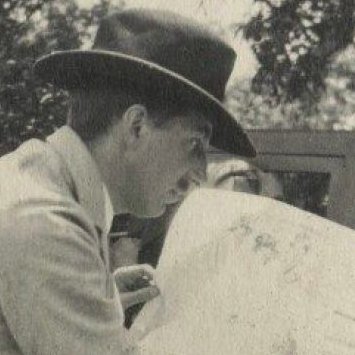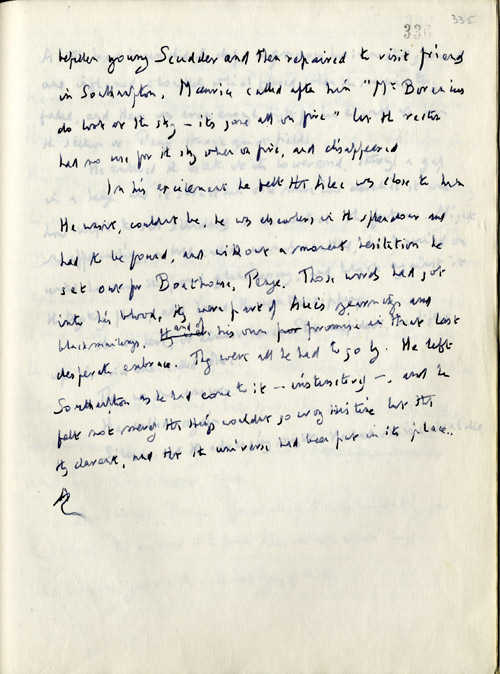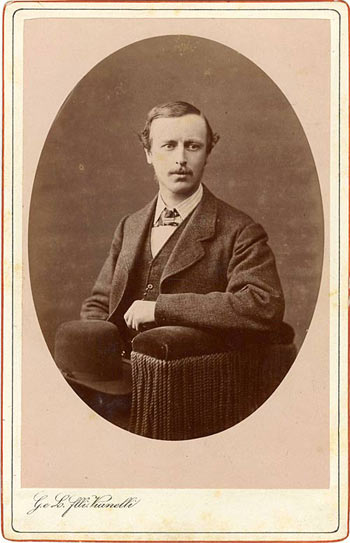
Re-Orientating E. M. Forster: Texts, Contexts, Receptions is an international, interdisciplinary conference which will re-appraise Forster’s life, work and legacy on the 50th anniversary of his death.
For full details of the Conference and how to register, please see the Conference's own website.
* * * * *
E. M. Forster, one of the major British writers of the twentieth century, died on 7 June 1970. The 50th anniversary of his death affords a special opportunity for a comprehensive re-evaluation of his place and significance in the literary and wider culture of Britain and beyond. This conference, to be held at the Cambridge University Faculty of English and King’s College – where Forster was an undergraduate and where he later resided for many years as an Honorary Fellow – invites a wide-ranging exploration of his life and work, while focusing attention on two broad areas: (a) Forster in his historical and cultural context; (b) receptions of Forster since 1970. A central aim is to facilitate a productive dialogue between these two perspectives, with a view to defamiliarizing dominant perceptions of Forster and his work, exposing what has been occluded, and identifying new directions of travel in Forster studies.
Forster’s novels are widely read and have frequently been adapted for radio, television, and the cinema; he continues to be a major influence on other writers. A Passage to India remains a foundational text for postcolonial studies and Anglophone writing about India, while Maurice, first published in 1971, is a cornerstone of queer fiction. But how does the Forster that emerges in the artistic and scholarly production of the years since his death relate to the Forster of the years of literary creation? How far have contemporary receptions of Forster been shaped by our own cultural perspectives, agendas, and anxieties? To what extent and in what regards has E. M. Forster the man become E. M. Forster the myth? How might he be seen as a different writer from the one we think we know – perhaps one even more radical and unsettling?
The conference also invites reflection on the relevance of Forster’s Weltanschauung (itself inviting exploration and definition) to our own historical moment, with consideration of this question: What, fifty years after his death, has Forster’s concern for ‘connection’ and for civil liberties to say to us at a time when narrow nationalisms and authoritarian ideologies have once again become prominent across the world?
Confirmed speakers: Paul Armstrong (Brown), Stefan Collini (Cambridge), Santanu Das (Oxford), Leela Gandhi (Brown), Jane Goldman (Glasgow), Laura Marcus (Oxford), Stefania Michelucci (Genoa), Rachel Potter (East Anglia), and David Trotter (Cambridge).

